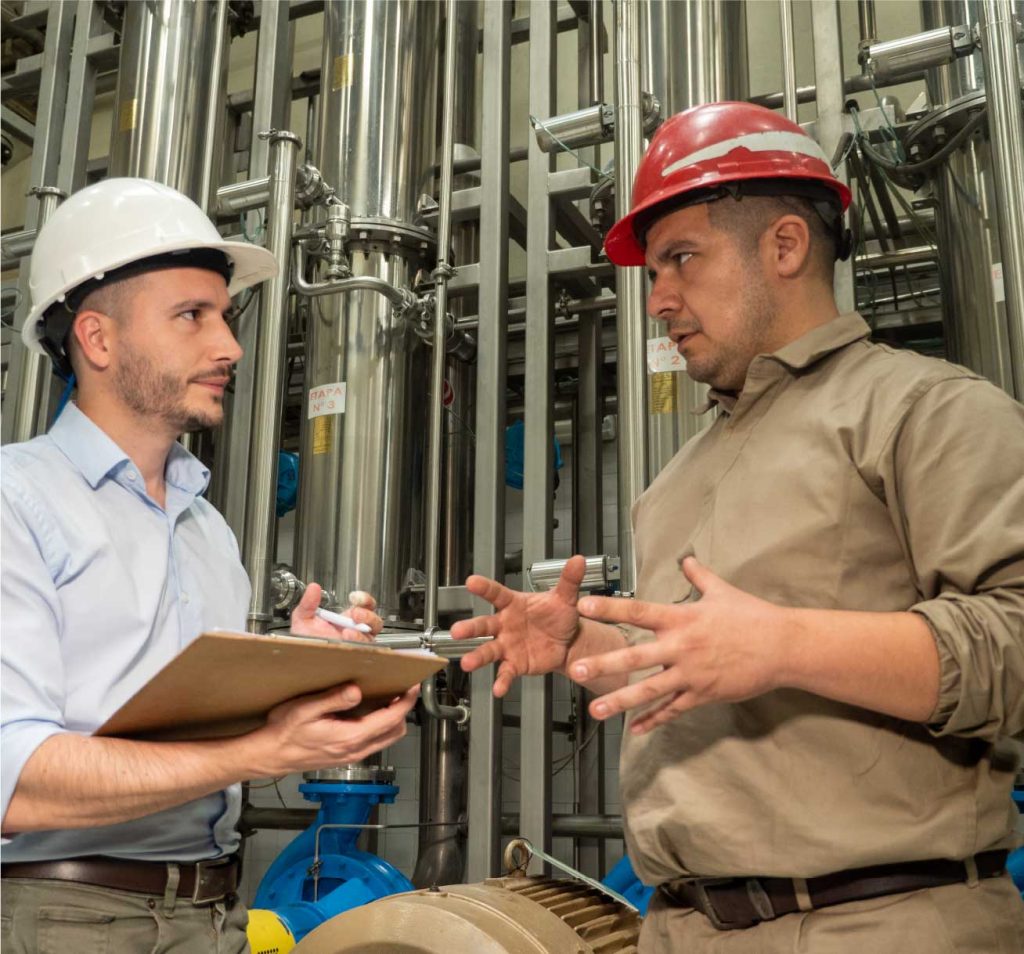The United Nations set the objective of being carbon neutral by 2050, thus encouraging companies to invest in the development of GHG emissions measurement, mitigation and compensation strategies and achieving a net zero carbon balance in their operations and value chain. The European Green Deal establishes a roadmap to make Europe the first climate neutral continent in 2050 by boosting economy, improving health and life quality, and protecting nature.
“We aim at being at the forefront of low-carbon production in the world. In this regard, reducing the emissions of CO2 and other harmful gases is crucial when it comes to offering more sustainable products. Every year, we measure the carbon footprint throughout Citrusvil’s production chain and in its products. To meet current and future challenges, we promote sustainable solutions in our business which mean a positive change for everybody”, explained Agustina Lucci, Grupo Lucci’s Sustainability Manager.
“During 2022, we managed to reduce our carbon footprint by 24% in comparison with the previous year due to the commitment of our teams in each production stage to obtain better results. As part of the improvements, we made use of currents of thermal charge by means of the implementation of heat exchangers. In addition, there were some additional improvements in the process which boosted biogas generation, resulting in an increase in the generation of renewable energy”, added Noelia Lescano, Head of Quality Assurance and Environment.
Lemon plantations help retain greenhouse gases and contribute to stopping climate change. Since 2019, Citrusvil has calculated the annual sequestration of greenhouse gases (GHGs) in the 6,983 net productive hectares of its citrus orchards. Due to the vertical integration of the business, since we produce the necessary raw material to manufacture our product portfolio, we manage to compensate all the emissions generated throughout our operations.
In 2022, Citrusvil’s lemon plantations sequestered

This represents almost three times the total emissions generated throughout the value chain.

The path towards carbon neutrality consists of three stages: measuring, reducing and compensating, so that the amount of carbon released be zero.
A Reduction in the Amount of Emissions Is Key
Citrusvil is committed to reducing the amount of emissions by introducing changes in its operation. This includes streamlining operation practices, investing in renewable energy sources and implementing energy efficiency measures.
We expect to double the provision of external wind energy by 2024, by mainly replacing traditional generation contracts and increasing the percentage of renewable energy to 60%.

Sustainability Investments
““This year, at the Industry Department, the old boilers at Plant B have been replaced by more efficient ones. The equipment operates almost autonomously and is 96% efficient, which had a positive impact since it reduced the amount of natural gas that is burnt”, stated Gerardo Cigliutti, Engineering Manager.”.
Gerardo Cigliutti, Engineering Manager.
Thus, by means of the introduction of this high-efficiency boiler and a flat curve for the current and future steam demand, we have improved specific consumption and contributed to reducing the carbon footprint of our operation.

All these actions, together with other planned actions for the future, are carried out taking into account the Company’s continuous improvement as part of the Carbon and Water Committee’s responsibilities. Such Committee operates transversally to Citrusvil, focusing on operation efficiency and innovation, and towards carbon neutrality.

In addition, Citrusvil is making new investments in order to increase the generation of biogas from its effluents. This will be possible next year thanks to a new reactor and its ancillary facilities, which will not only replace natural gas consumption but will also generate more electric energy from renewable sources.
A modern energy measuring and control system, known as DCS (Distributed Control System), has also been implemented at the industrial plants. This system measures all the energy variables in the process online. Such records enable us to prepare consumption balances periodically, analyse trends, and implement an ambitious Rational Use of Energy Program (URE).


Gerardo Cigliutti
Engineering Manager

Noelia Lescano
Head of Quality Assurance and Environment

Agustina Lucci
Sustainability Manager